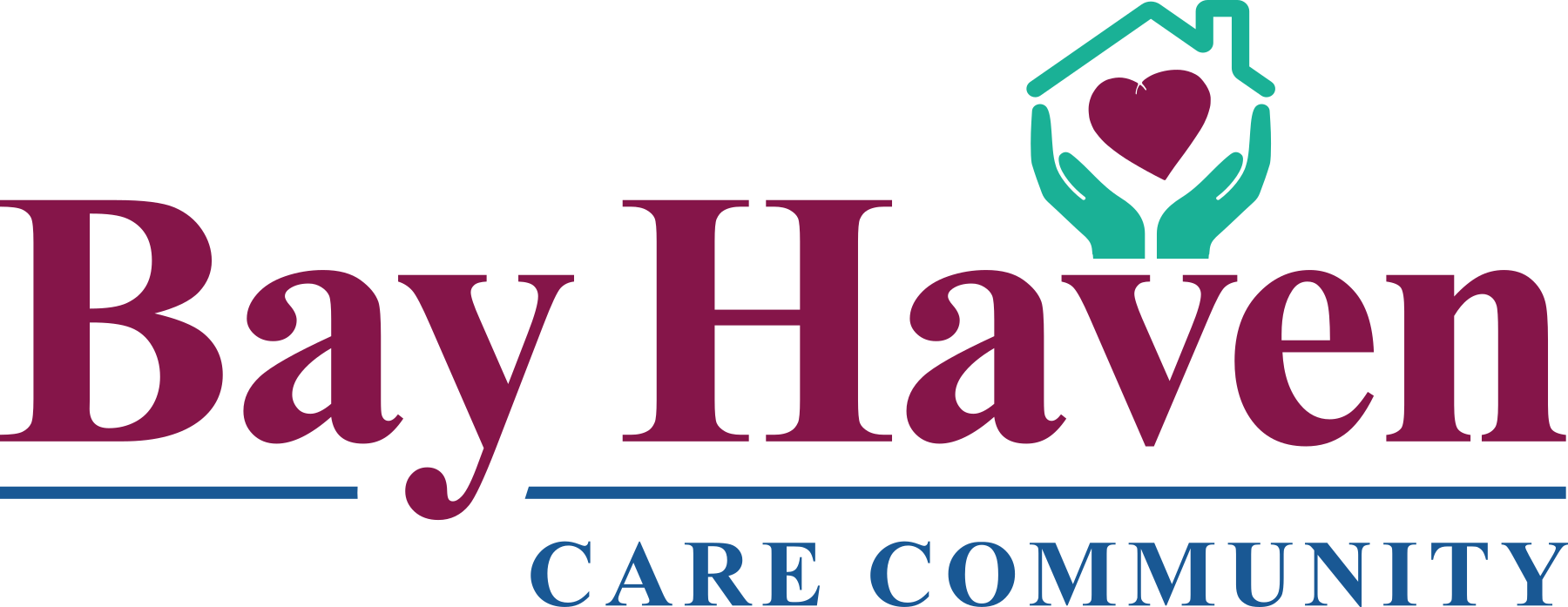
Dear Friends & Family of Bay Haven Care Community,
As the Medical Director of Bay Haven, I wanted to write to all of you to update you on some important new information about COVID-19.
As you are likely aware, Ontario is now firmly in the second wave of the seemingly never-ending COVID-19 pandemic. As I write this, 99 out of 626 nursing homes in Ontario are in outbreak from COVID-19. Thankfully, Bay Haven is not one of them. I hope and pray that it will stay that it will stay that way, and that the other nursing homes get out of outbreak as soon as possible.
Our knowledge of the COVID-19 virus has increased significantly in the past few months. We still don’t know everything about it, nor do we have a cure, but we can be better prepared than we were in the past.
We now know that the virus is largely spread by what’s called “aerosolized” means. That’s to say that it is expelled by your mouth when you breath/talk/sing and floats in the air for a large period of time, thus spreading to others. This is why wearing a mask is so important. All of our staff and visitors have been required to wear masks for many months, in addition to all the other screening that we do.
With this knowledge, it is becoming more and more apparent of the need for high quality ventilation and air purifiers, particularly those with HEPA filters. While the physical plant at Bay Haven is quite old, I am extremely grateful that the management of Bay Haven invested in HEPA air purifiers for all the large common areas, even before Health Canada updated their website to indicate the risk of airborne spread. I applaud their commitment to keeping residents safe.
Additionally, there has been much speculation about the benefits of Magnesium, Zinc and Vitamin D in fighting viruses. To be candid, the evidence for Magnesium is not that great. Magnesium may kill viruses “in-vitro” – that’s to say, in a petri dish in a lab, but more study is needed to see how it works in a human body. But at least it’s not harmful.
There is actually decent evidence that Zinc can help fight off viral infections. Taking 25 mg of Zinc daily is not harmful and has benefits.
There’s been some evidence that Vitamin D can help fight viral infections for some years now. Recently however, a large clinical trial showed that people with low vitamin D levels were more likely to get COVID19. It’s a very large trial, and the first one I am aware of where the benefits vitamin D were proven for one specific virus.
What can you do?
First, of course we ask that you abide by our visitor policies, that have been mandated by the Public Health Departments. These policies are sometimes frustrating to follow, but they have been implemented to keep our residents safe. We ask that you please help us keep your loved ones safe.
Second, if you wish to provide additional protection, you could purchase a small room HEPA air purifier for your loved one. These would stay next to the head of the bed in the room, and provide additional protection. Currently they range in price from about $60 to $90 from Amazon. There are other models as well, of course, but they should be HEPA certified to be effective. At that price, frankly these devices will only last 6-9 months before going bad, but hopefully by that time we will have a vaccine. (While a vaccine is expected shortly, there are many distribution problems with them, and I don’t expect them to be available for a few months).
Finally, if you would like your loved ones to start Magnesium, Zinc, and Vitamin D, please let me know by sending me a message and I will ensure these are ordered.
None of these measures of course, is guaranteed to prevent a COVID infection, or an outbreak, but right now, represents the best possible protection we can provide.
I hope and pray you all continue to stay safe and well.
Your sincerely,
Dr. M. S. Gandhi, MD, CCFP
Medical Director,
Bay Haven Care Community



